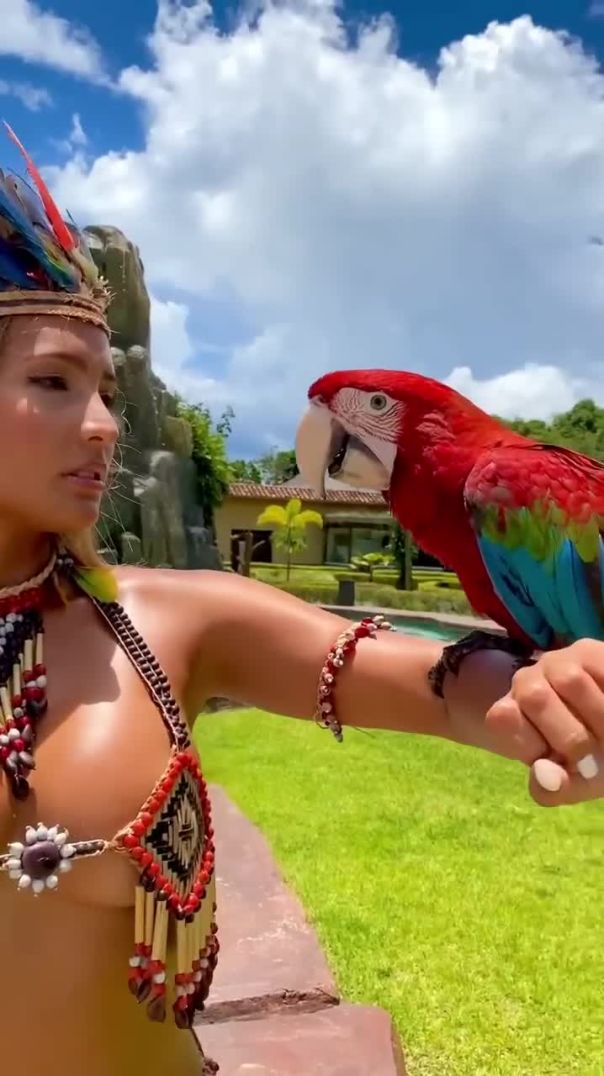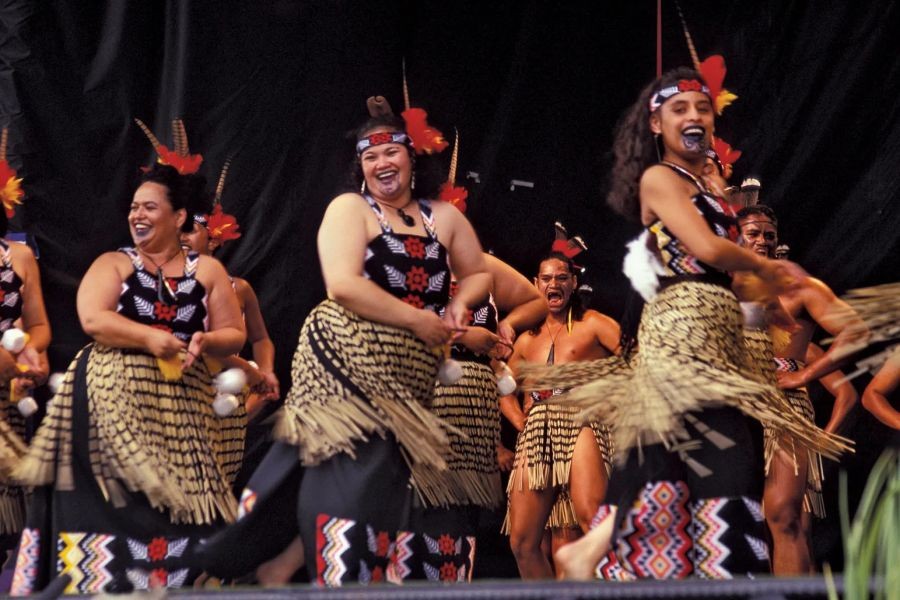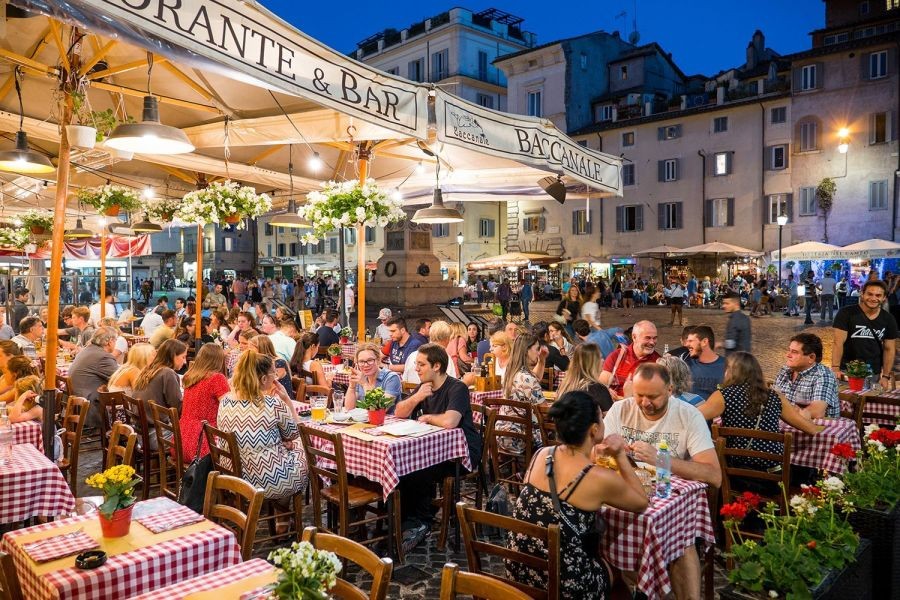New Zealand, with its rich Maori heritage, offers travelers a unique opportunity to explore authentic Maori cultural experiences. However, finding genuine interactions amid commercial tourism can be challenging. This article delves into ways visitors can engage with Maori culture sustainably and respectfully, ensuring a meaningful and immersive experience.
Understanding Maori Culture: A Pathway to Authenticity
To appreciate the depth of Maori culture, it's crucial to understand its historical and social context. The Maori, indigenous Polynesian people of New Zealand, have a rich tradition of storytelling, art, and community. Key cultural elements include the haka (a ceremonial dance), marae (meeting grounds), and whakapapa (genealogy), which are integral to their identity and social structure.
According to Stats NZ, the Maori population represents about 17% of New Zealand's total population, highlighting their significant presence and influence in the country's cultural landscape. Engaging with this community not only enriches a visitor's experience but also contributes to the preservation and appreciation of Maori traditions.
Comparative Analysis: Authentic vs. Commercial Experiences
When seeking Maori cultural experiences, travelers often encounter a spectrum from deeply authentic to excessively commercialized. Understanding the distinction is essential for a genuine experience.
Authentic Experiences
- Community Engagement: Participate in community-led activities, such as visiting a local marae, where you can engage with Maori elders and learn about their history and customs.
- Eco-Tourism Ventures: Initiatives like Whale Watch Kaikoura, owned and operated by the Ngai Tahu tribe, offer eco-friendly tours while educating visitors about Maori conservation efforts.
Commercial Experiences
- Mass Tourism Attractions: Some attractions, like large cultural performances, may prioritize entertainment over education, offering a surface-level view of Maori culture.
- Motif Souvenirs: Mass-produced Maori-themed souvenirs often lack authenticity and do not contribute to the local economy.
To ensure authenticity, seek experiences endorsed by Maori tribes or recommended by local tourism boards, as these are more likely to offer genuine insights into the culture.
How It Works: Sustainable Engagement with Maori Culture
Engaging sustainably with Maori culture involves respecting traditions, supporting local communities, and ensuring that tourism has a positive impact. Here’s how:
Engage Respectfully
Respect is the cornerstone of any cultural engagement. Visitors should approach experiences with an open mind and willingness to learn. It is essential to follow marae protocols, such as removing shoes and participating in welcoming ceremonies, which are integral to Maori customs.
Support Local Enterprises
Supporting Maori-owned businesses ensures that tourism benefits local communities. For instance, purchasing directly from Maori artisans or booking tours through Maori operators can significantly impact the local economy. The Ministry of Business, Innovation, and Employment (MBIE) highlights the importance of Maori tourism in contributing to New Zealand's GDP, indicating a growing sector that supports cultural preservation.
Participate in Cultural Events
Events such as the Te Matatini festival offer a platform for experiencing Maori performing arts. Attending such events not only supports the artists but also provides an immersive cultural experience.
Real-World Case Study: Whale Watch Kaikoura
Problem: The town of Kaikoura was facing economic challenges, with declining traditional industries. The community needed a sustainable solution to boost the economy.
Action: The Ngai Tahu tribe established Whale Watch Kaikoura, focusing on eco-tourism. This initiative combined whale watching with cultural education, offering tourists insight into Maori environmental stewardship.
Result: Whale Watch Kaikoura became a major attraction, drawing over 100,000 visitors annually. The company not only revitalized the local economy but also raised awareness about marine conservation.
Takeaway: This case study underscores the importance of sustainable tourism that benefits both the community and the environment. By supporting Maori-led ventures, visitors can enjoy meaningful experiences while contributing to cultural and economic sustainability.
Common Myths & Mistakes
Myth vs. Reality
- Myth: All Maori cultural performances are authentic. Reality: Many performances are tailored for tourists and may not reflect true Maori traditions.
- Myth: Buying Maori souvenirs supports the community. Reality: Mass-produced items rarely benefit Maori artisans. Authentic purchases should be made through local markets.
Understanding these myths helps travelers make informed decisions, ensuring their experiences are genuine and impactful.
Future Trends & Predictions
As global tourism trends shift towards sustainability, Maori cultural tourism is poised for growth. The Reserve Bank of New Zealand forecasts that eco-tourism will become a significant contributor to the economy, with an expected annual growth rate of 5% over the next decade. This trend highlights the increasing demand for authentic cultural experiences, positioning Maori tourism as a key player in New Zealand's sustainable tourism strategy.
Conclusion
Engaging authentically with Maori culture during a visit to New Zealand requires intentional choices and respect for traditions. By opting for genuine experiences, supporting local enterprises, and debunking common myths, visitors can ensure a meaningful and sustainable cultural journey. As the demand for authentic cultural tourism grows, embracing these practices will not only enrich the travel experience but also contribute to the preservation and appreciation of Maori heritage.
What are your thoughts on the future of Maori cultural tourism in New Zealand? Share your insights below!
People Also Ask
- How can I ensure my Maori cultural experience is authentic? Choose community-led tours, visit local marae, and support Maori-owned businesses to ensure an authentic experience.
- Why is Maori tourism important for New Zealand's economy? Maori tourism contributes significantly to GDP and supports local communities, as highlighted by the MBIE.
- What is the best way to support Maori artisans? Purchase directly from local markets or online platforms that ensure fair compensation for Maori craftspeople.
Related Search Queries
- Authentic Maori experiences in New Zealand
- Sustainable Maori tourism
- Maori cultural traditions
- Eco-friendly tourism in New Zealand
- Maori heritage sites
- Maori-led tours in New Zealand
- Impact of Maori tourism on economy
- Maori artisans and crafts
- Whale Watch Kaikoura
- Te Matatini festival
































gospelandgasengines
8 months ago